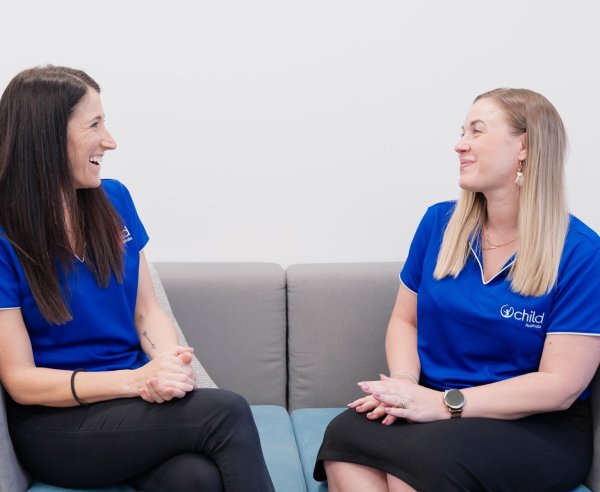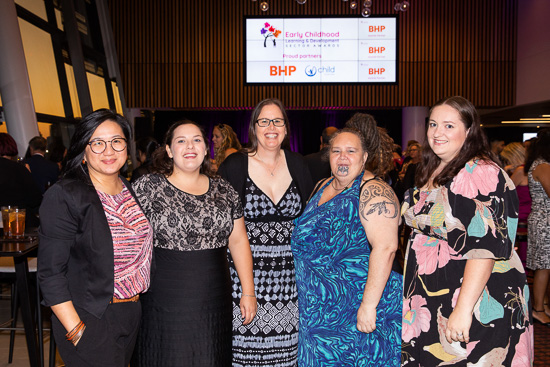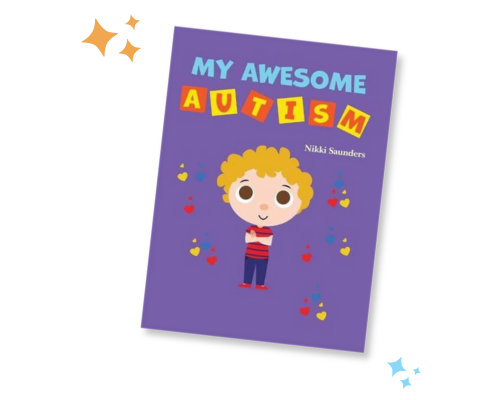As adults, we are often reminded about the benefits of good nutrition and healthy eating habits, yet we often forget about our impact and influence on children. We know nutrition is important and we must consider and make mealtimes a priority AND promote nutrition and healthy lifestyles, but how do we do it? How do we provide the space and environments that allow children to get excited about all things nutrition?
As educators and leadership teams within the early years and school aged care services, our role to promote nutrition and healthy eating is much bigger than we may realise. Mealtimes are an important consideration when reflecting upon service procedures with direct links to Regulations 168 – 172 as well as Quality Areas 2 and 4. Educators and service leadership need to consider how they use mealtimes to promote children’s sense of agency as well as supporting the development of relationships. Each procedure will of course be unique to the services’ philosophy and values, and describe how services promote nutrition, children’s agency and relationships.
So, Educators need to see meal times as more than part of a routine, to embrace the mess and sometimes the chaos that comes with meals (cue the shudder over foods that stick to floorboards and sometimes seem impossible to clean). If you’re thinking about how to establish routines around core meals such as lunch and afternoon tea, linking to your service philosophy is a great place to start. Discuss with your team the purpose of mealtimes and reflect critically on how they are currently working. Are children expected to eat quickly and quietly, or are you encouraging sustained, shared conversations whilst sitting in a group setting?
How are children involved with the preparation, set up and clean-up of mealtimes? You can promote children’s agency through encouraging their participation in setting tables, creating centrepieces or even placing flowers in the middle of the table. Allowing children to serve their own portions appropriately and giving broader time frames to accommodate the different routines of families will support relationship development and positivity around meals.
We need to ensure that when establishing such practices and rituals with children that they are done so appropriately. Children have smaller hands and strength than adults, so seek smaller water jugs and cutlery. You could even set up “wash zones” where children are responsible for scraping their own plate and washing their plate in warm soapy water before taking it back to the kitchen for thorough wash and sanitising. With patience and setting children up to succeed with these rituals, you will see mealtimes become a shared and valuable part of your daily routines, even for our younger toddlers and babies.
It can be difficult getting started and can certainly be overwhelming for educators and children. Often with changes in routines and rituals you need to provide yourself and your children a number of weeks to embed the new practice. Things can get messy and take a lot longer when we provide children with the autonomy to support their own eating and cleaning up. The good news is that over time the culture and patterns of the room will become consistent with the new practice and you will see a change in positive behaviours, time free up when you’re not panicked about cleaning up (because you have a room full of supportive little ones) and allowing beautiful conversations around nutrition, food and where it comes from, and even sing the latest viral song about corn with all.
Don’t forget that Child Australia has a team ready to support the changes you want to make in your service. Our professional practice consultants are frequently engaging in consultancy and mentoring around mealtimes, routines and rituals and revising policies and procedures. We are here to help and make mealtimes and nutrition planning easy. Interested in more information?



